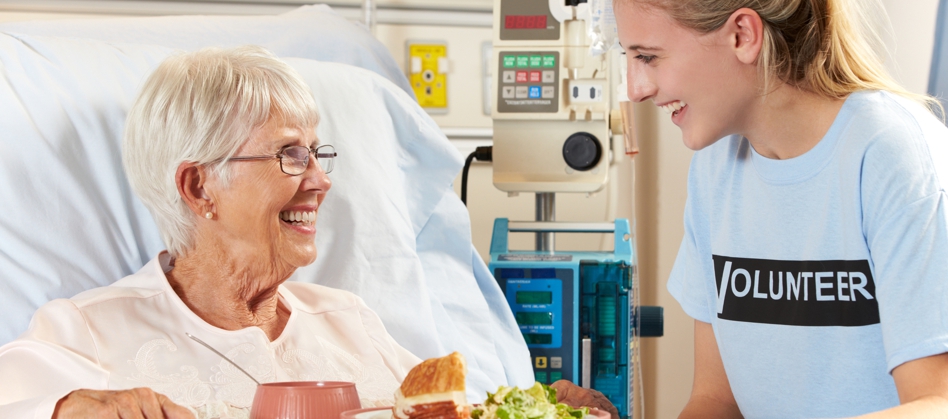Part 2 - Exploring Categories

Opening the Can of Worms
Walking the Maze of Categories and Factors
Please remember that these categories are arbitrary, someone else could group the factors in different ways. In fact, they could choose other factors as well. I have selected those factors that I feel have the most significant impact on character and behaviour. This selection process is challenging in that people are influenced to a different degree by these factors.
AEROPLANES AND MAINTENANCE
For a plane to keep flying, maintenance is critical. Imagine how many items need checking. Some checks are made every time before takeoff, others less regularly. The maintenance of some parts are more vital than others, compare the ware of the tyres with the ware of carpet. And so it is with factors and their impact on behaviour and character, consider the different effect of physical abuse and having dirty fingernails.
Categories of Influence
1. PRE-NATAL CATEGORY
We have no choice as to the effect the factors in this category have on us. But later in life, we will have opportunities to change some of the unwanted mental, physical and emotional difficulties we inherit. This influence comes through the genes passed on to us by our parents. No, we can't blame our parents for all these attributes, because various attributes may have come from earlier generations. Inheritance is only one avenue through which we obtain undesirable characteristics.
Even though the foetus has no immediate contact with the outside world, many elements mould its growth. At this stage, our parents are significant. Hundreds of factors will work together for good or ill, to impress us. The recipients of the accolades, or condemnation, the ones that have, by far, the most significant part to play in our development, are our parents.
2. EARLY HOME LIFE CATEGORY
You guessed it! Our parents are the leading players in this category as well. The environment takes on more significance. Our growing mental, social and emotional selves are at one of the most malleable stages. Young minds are very impressable, and lasting impressions can be created over, what parents might call minor events. Other people, such as siblings, relatives, visiting friends, and neighbours will play their roles.
As our oral skills increase, so does our social development, thinking ability and attitudes. Our growing ability to think and reason shifts our emotions from survival to controlling our environment, i.e. seeking comfort and security. Character traits which we have inherited are very impressable at this stage of growth. It is at this time that our dominant character attributes begin to consolidate and become more firmly entrenched. Change is harder to make in later stages of life. Our physical world and the variety of experiences expand. With this change may come fear, disappointment, joy, grief, frustration, stress, pride, anxiety and jealousy. As parents, we continually need to keep in mind that thinking and emotions have a lot to do with character development and behaviour.
During this stage, the will strengthens, and there is a challenge to authority. There is resistance to boundaries, and a continual seeking after security. The clash of wills is frequent. Parents need to be guarded against the maltreatment of their children, particularly when resolving a conflict. Young children can be easily traumatised, adversely affecting their developing minds. Even extended periods of insecurity can set children up of life-long, social difficulties.
3. NUTRITION CATEGORY
The ideal diet for health and wellness is a whole-grain, plant-based, non-processed food diet. I will not be delving into the pros and cons of this type of diet, this I have done in the article Nutrition, in the Healthy Body, Healthy Mind series, and in videos found in Multimedia Archive. The focus of this category is on those deficiencies that impact on mood and behaviour. Even vegans can have deficits in these areas. Those who suffer from stress, anxiety or depression benefit from making adjustments in these areas.
4. LIFESTYLE CATEGORY
Our lifestyle includes habits involving exercise, sleep and entertainment. Fine-tuning our lifestyle habits makes a considerable difference to the family's moods and feeling of wellbeing. Children are more adversely affected than adults when lifestyle practices are on the wrong side of healthy.
5. TRAUMA CATEGORY
In the early 50's, when I was about five or six years old, my parents took my three siblings and me to the Newsreel in Perth. It was a small theatre that programmed cartoons, short features and The Three Stooges, between news clips and crime stories. Unbeknown to my parents and siblings, I was traumatised by one presentation of The Three Stooges. It showed a lot of 'humourous' violence.
Trauma is not limited to abuse and can take many forms. Antisocial behaviour often evidences the emotional damage resulting from a traumatic experience. The range of dysfunctional responses to trauma and threatening behaviour is broad and damages relationships.
6. ADDICTION CATEGORY
There seem to be too many 'acceptable' addictions in our society. No addiction is helpful. You don't have to be an addict to suffer from the influence of addiction. One family member who is addicted will affect all other family members in some way.
Addictions can be emotional or chemical. They can result from self-medicating emotional or physical pain or they can develop from following the crowd; doing what everyone else does.
Children can be 'set up' by their parents because of 'accepted' lifestyle practices.
7. POISONS & TOXINS CATEGORY
There are toxic substances everywhere. Poisons introduced into the system, unfavourably alter us physically and mentally. Children are particularly vulnerable. For people in western societies, the primary source of damaging chemicals is processed foods. No wonder people seem deficient in positive character traits and proficient in antisocial behaviour.
Toxins lead to illness and sometimes death. Prolonged illness can upset the normal functioning of the home.
8. FRONTAL LOBE CATEGORY
The frontal lobes are the part of the brain that is just behind the forehead. It is the seat of the emotions, the area that we use for planning and thinking. All our social interactions, character traits and behavioural decisions have their origins in this part of the brain.
The brain suffers if it lacks oxygen, water and the correct balance of nutrients. Thought processes are also compromised. When the neurochemistry of the brain is not what it should be, the malfunctioning neurotransmitters impair logic and reason; an individual cannot make reasoned decisions, their personality changes.
9. ILLNESS & DISEASE CATEGORY
We aren't at our best when we are sick. Illness imputes physiological and emotional (psychological) stress. Difficulties and trials bring out the worst in people. When this happens, it gives observers a small window into the 'real' person. Our attitude during trials determines whether we feed the positive or negative character traits.
Does illness tend to make us more irritable, impatient, grumpy, selfish, thoughtless and full of self-pity? It all depends on our attitude, which in turn is determined by the character traits we have been nurturing. If the truth is known, some of the diseases we suffer have their origins in stress overload, poor nutrition or unhealthy lifestyle habits.
10. SOCIAL CATEGORY
The social world is very unkind to some people. Children can become confused and introverted; they may lack the ability to concentrate, or they may develop various psychological disorders when they experience physical, sexual or emotional abuse.
It is in the social environments where most emotional damage occurs. Sometimes unhelpful situations are imposed on an individual, at other times it is their choice. Lack of security, in children and adults alike, influences character development and behavioural patterns.
ANALYSING FACTORS
In further articles, we will work through the factors. Some will need an explanation; others will be obvious to most.
By
Richard Warden



